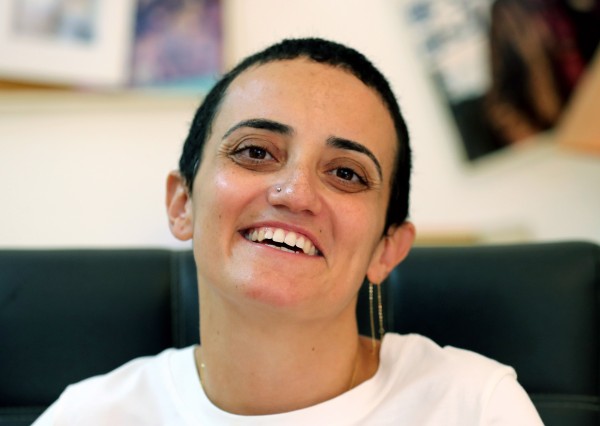Saudi Arabia and three other Arab nations that have blockaded Qatar and cut diplomatic relations over accusations that it supports terrorism should drop demands that it close Doha-based news network Al Jazeera and other media outlets, the International Press Institute (IPI) said today.
Earlier today, Saudi Arabia, the United Arab Emirates, Bahrain and Egypt agreed to a 48-hour extension of their Sunday deadline for Qatar to comply with their demands following a request from Kuwait, which is mediating the dispute.
The foreign ministers of the four countries blockading Qatar are scheduled to meet on Wednesday in Cairo to discuss their next steps. The four nations cut ties with Qatar and imposed the blockade on June 5, before issuing a 13-point list of demands nearly two weeks later.
The demands – which Qatar’s foreign minister has said his nation will not meet – include the closure of state-funded news network Al Jazeera and other media outlets, a reduction in cooperation with Iran, the closure of a Turkish military base, an end to contact with the Muslim Brotherhood and other groups, and submission to external monitoring.
IPI Director of Advocacy and Communications Steven M. Ellis called on the blockading countries to withdraw the media closure demand, which he described as “neither acceptable nor realistic”.
He added: “This list of demands belies their claims about the current crisis and suggests that it’s actually a pretext to stifle dissent and to export censorship and repression. Any solution to this situation must be one that doesn’t seek to throttle the rights of millions – in Qatar and abroad – to freely share and receive information.”
Authorities in the countries maintaining the blockade have blocked Al Jazeera websites, stating without explanation that the content does not comply with regulatory standards. The network, however, has denounced the demand for its closure as an attempt to stifle freedom of expression.
This morning, Al Jazeera issued its own counter list, demanding that “journalists be able to do their jobs free from intimidation and threat … diversity of thought and opinion be cherished, not feared … the public have access to unbiased information … journalists not be treated as criminals … [and] those without a voice be heard”.
Other Doha-supported media that could be affected include Al-Araby Al-Jadeed / The New Arab. The pan-Arab outlet dismissed the call for its closure last week, saying that it “refuses to be intimidated by this attempt to fundamentally suppress freedom of opinion”. It added: “Demanding our closure has not frightened us, nor will it prevent us from continuing to do what we believe in. If anything, it has emboldened us. It has empowered us.”
That was followed by a statement on Friday from U.N. High Commissioner for Human Rights Zeid Ra’ad al-Hussein, who expressed concern about the demands for media closures.
“Whether or not you watch it, like it, or agree with its editorial standpoints, Al Jazeera’s Arabic and English channels are legitimate, and have many millions of viewers,” al-Hussein’s spokesperson, Rupert Colville, told a news briefing. “The demand that they be summarily closed down is, in our view, an unacceptable attack on the right to freedom of expression and opinion.”



